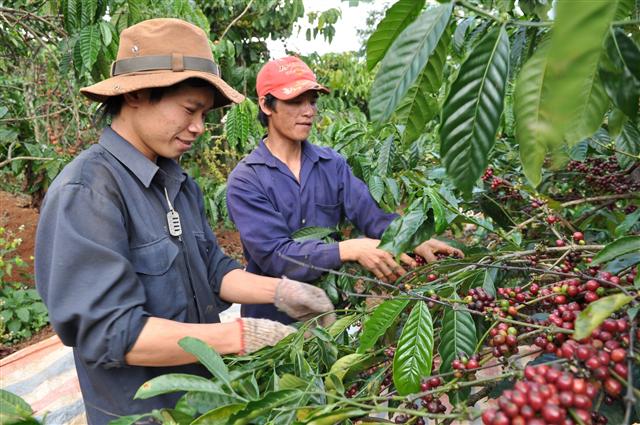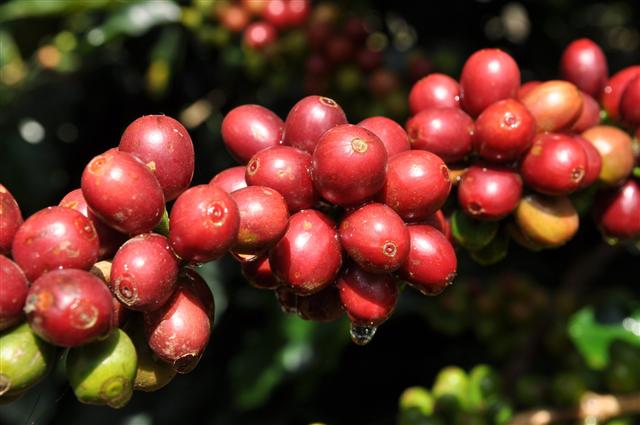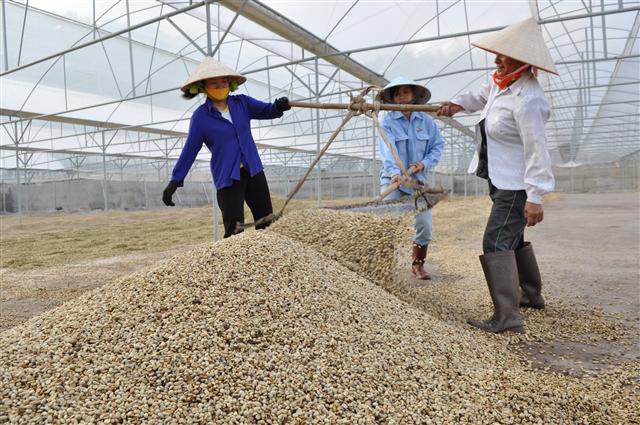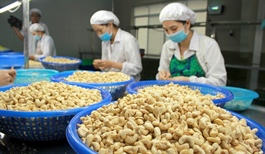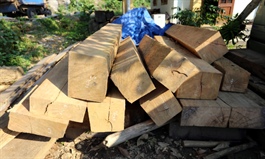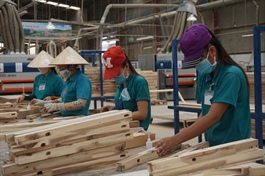Vietnam seeks more robust coffee exports to Nordic countries
Vietnam seeks more robust coffee exports to Nordic countries
According to the analysis of the International Trade Center (ITC), although Nordic countries mainly import Arabica coffee, there is still room in that market for Vietnam’s unroasted and non-decaffeinated Robusta coffee, as well as its potential new brands.
Opportunities and challenges
According to the Vietnam Trade Office in Sweden, Nordic countries have the highest per capita coffee consumption rates in the world. Nordic consumers tend to seek new high-quality coffees, presenting an opportunity for Vietnamese coffee exporters. While the traditional coffee market is relatively saturated, the market for special and organic coffee continues to grow and provide opportunities.
The EU-Vietnam Free Trade Agreement effective since August 2020 presents an additional opportunity for Vietnamese coffee exporters by zeroing out customs duties on Vietnam's green coffee thus making it more competitive. The EVFTA also provides 39 Vietnamese products with the EU's recognition and protection of geographical indications (GIs), including Buon Ma Thuot coffee.
|
However, despite the opportunities, exporting coffee to Northern Europe faces many challenges.
Specifically, the Vietnam Trade Office in Sweden has pointed out that Asia is mainly known for its Robusta output, especially Vietnam, the world's second largest coffee producer. Robusta coffee accounts for about 95 percent of coffee exports from Vietnam with large volumes of standard quality coffee, mostly targeted at the instant coffee market. Large coffee companies, such as Nestlé, own factories in Vietnam that produce the Nescafé brand of instant coffee. Since the Nordic markets favor high quality coffee and their main imports are Arabica, the market share of Vietnamese brands has been limited.
|
Potential solutions
According to the recommendations of the Vietnam Trade Office in Sweden, exporters wishing to enter the Nordic market must comply with a series of market regulations.
The office advises exporters to study the official requirements on EU portals such as Trade Help Desk to understand the procedures related to coffee export. To avoid the risk of having their goods sent back or denied access to the European market, Vietnamese coffee exporters should submit exported products for analysis of banned substances to competent authorities (eg. Vinacontrol and Cafecontrol).
“Threats of substances exceeding the permitted limits can be prevented by better growing, drying, processing and storing practices and by effectively implementing instructions mentioned with partners in the supply chain. The exporters must ensure that products are consistently controlled in all stages of the supply chain,” the Vietnam Trade Office in Northern Europe noted.
|
In addition, with the premium coffee segment thriving in Northern Europe due to high income levels as well as a stronger coffee culture than other countries, Vietnamese businesses can consider developing specialty and protected coffee brands.
Exporters are also advised to attend coffee trade fairs to find buyers in tune with their business philosophy and export capabilities in terms of quality, volume and certifications. The major coffee fairs in the Nordic region include the Trondheim Coffee Festival (Norway), Danish Coffee Festival (Denmark) and Stockholm Coffee Festival (Sweden), and provide an opportunity for Vietnamese coffee exporters to obtain advice on doing business with European coffee buyers.


